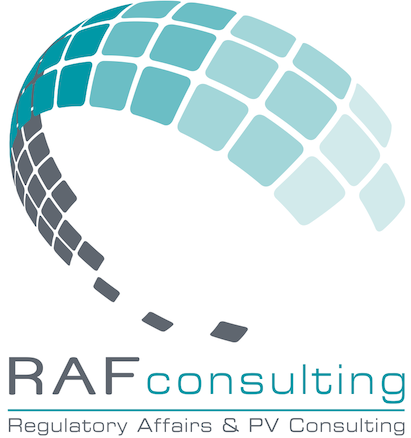Importation of health supplies without marketing authorization certificate (registration) in Mexico
Mexico has several equivalence agreements for marketing authorization regarding health supplies, which includes pharmaceuticals and medical devices, that have been published since 2010.
Their target has been to acknowledge the approval issued by other countries’ authorities, as well as the technical and legal documents that supported such authorization.
Said acknowledgement is unilateral, per equivalence, and it is not automatic; it is subject to several terms and requirements that we will be able to review on our future publications. These have the purpose of fastening the process of obtaining the marketing authorization certificate or registration in Mexico, an indispensable requirement for marketing in this nation, issued by our health authority, COFEPRIS.
Last June 22
nd, the Federation’s Official Journal (DOF in Spanish) published an amendment to the equivalence agreement to obtain the marketing authorization certificate for health supplies previously published on January 28
th, 2020.
One of the most important amendments were those on Section IV: “Importation of health supplies without marketing authorization certificate.”
Because of the imperious need for health services to function efficiently in Mexico, and because of the growing pandemic-related need for health supplies, COFEPRIS has given the opportunity to import health supplies without a marketing authorization certificate in Mexico. If the following terms and requirements are met:
- COFEPRIS will directly engage with other institutions, to determine which will be the pharmaceuticals and medical devices to be imported, in order to cover the needs of health services and social security adequately and promptly.
- Health supplies without marketing authorization certificate, can only be imported if these are meant to meet the needs and demands of public health services and social security institutions, so they are ONLY for biding and tenders, they are not for sale to private institutions.
- Health supplies without marketing authorization certificate, must have been authorized by one of the regulatory agencies mentioned in the agreement or be pre-qualified by the WHO, or have a marketing approval from the regulatory agency for the Members of PIC/S.
- COFEPRIS will issue the corresponding importation permits under the key: COFEPRIS-01-009-C (pharmaceuticals) and COFEPRIS-01-014-A (medical devices). If the already established requirements are met. Additionally, the following requirements must be met: proof of marketing authorization from one of the acknowledged agencies; a letter requesting adhesion to the agreement in question, and the commitment to submit the application for registration in the established timing, and last but not least: proof that the supplies are being imported for the government purchase.
- COFEPRIS may review the status of the application for registration of the pharmaceuticals and medical devices to be imported; in case it is necessary, it will do what is needed to prevent a possible health risk of those who do not have an approval in Mexico.
- After the first importation, there is a deadline of 10 workdays to start the registration process, which can also be started prior to the importation. In case this requirement is not met, no further importation will be approved.
- Importers are obligated to comply with the pharmacovigilance or technovigilance, accordingly, under the current regulations (NOM’s).
- Through the Commission of Sanitary Operation, COFEPRIS will take samples of the imported batches (pharmaceuticals) to be tested by the Commission for Analytic Control and Coverage Broadening (CAYAC) or by an authorized third party in analysis.
- The allowed time for attending at requests for importation permits of these drugs and medical devices will be cut down to a third of their legal period (5 days). The regulatory authorities mentioned in the agreement are the following:
Drugs
- Swiss Agency for Therapeutic Products – Swissmed,
- European Commission,
- Food and Drug Administration (FDA) of the United States of America,
- Canada Health Ministry (Health Canada),
- Therapeutic Goods Administration of Australia (TGA),
- Reference regulatory agencies (WHO/ PAHO),
- Prequalified products by the WHO’s Prequalification Program for Drugs and Vaccines,
- Regulatory agencies members of the Pharmaceutical Inspection Co-operation Scheme (PIC/S).
Medical Devices:
- Food and Drug Administration (FDA) of the United States of America,
- Canada Health Ministry (Health Canada),
- Ministry of Health, Labor and Welfare Japan (MHLW),
Testing and inspections made by:
- Product Development and Management Association Japan (PDMA),
- Medicine and Healthcare products Regulatory Agency United Kingdom (MHRA),
- Ministry of Food and Drug Safety Korea
- Therapeutic Goods Administration of Australia (TGA),
- Brazil Health Regulatory Agency (ANVISA)
